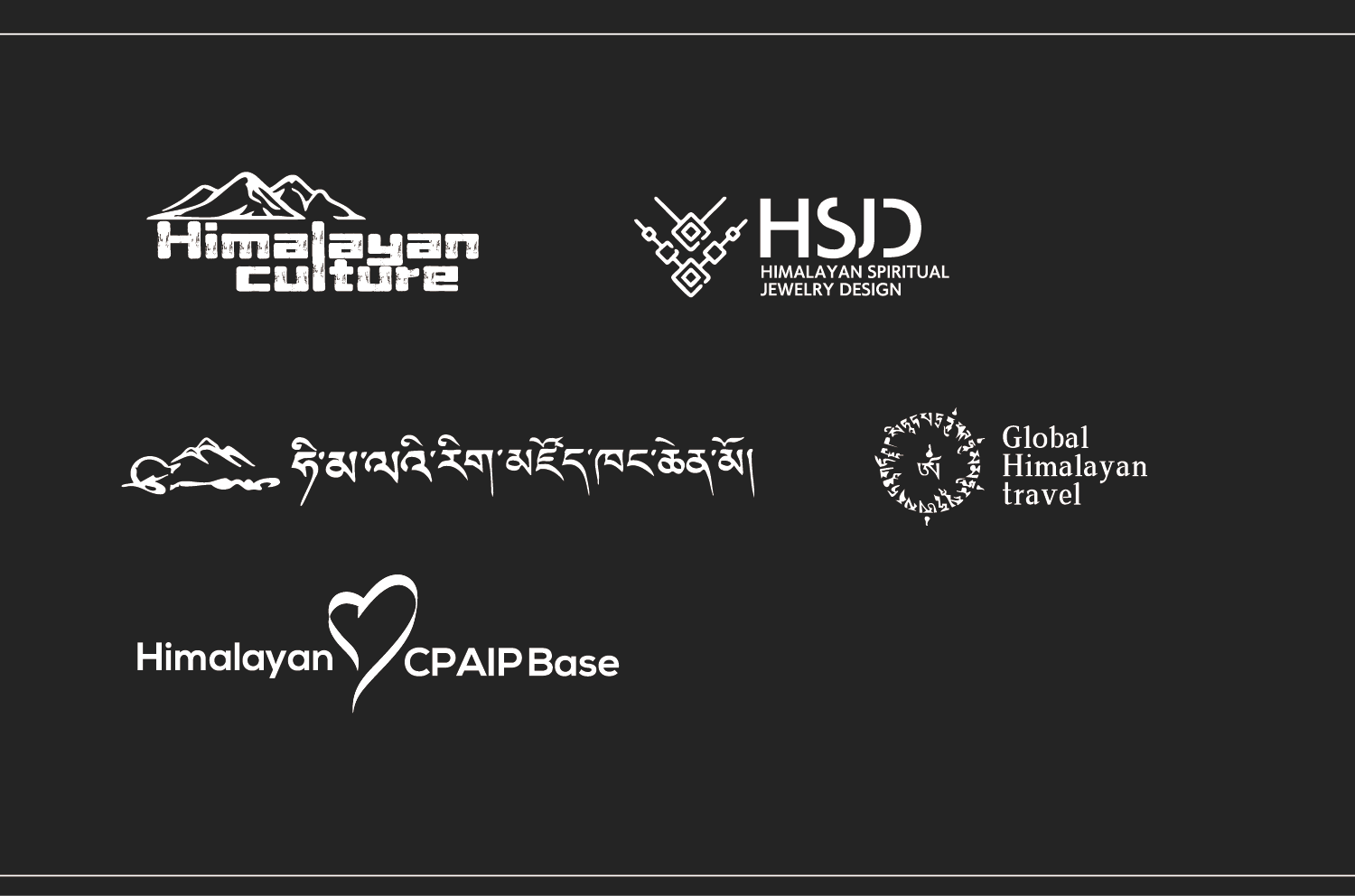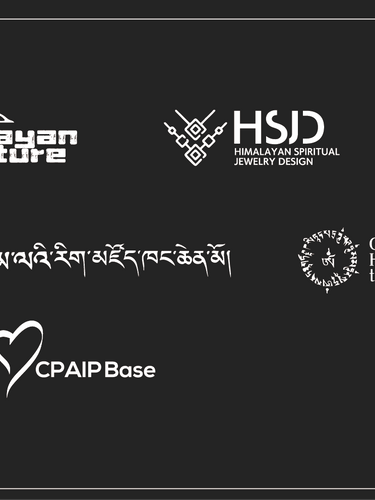
Buddhism, an ancient philosophy and spiritual practice, offers a profound journey towards inner peace, enlightenment, and self-discovery. Rooted in the teachings of Siddhartha Gautama, the Buddha, this profound ideology transcends time, inviting individuals on a transformative path towards liberation.
Buddhism revolves around the Four Noble Truths and the Eightfold Path, serving as the foundational principles guiding followers towards enlightenment. The Four Noble Truths elucidate the nature of suffering, its causes, and the possibility of liberation from it. These truths provide a framework for understanding life's inherent challenges and ways to overcome them.
The Four Noble Truths
The Four Noble Truths form the foundational pillars of Buddhism, offering a profound insight into the nature of existence and providing a roadmap towards liberation from suffering. These truths, elucidated by Siddhartha Gautama, the Buddha, encapsulate the essence of human experience and the means to transcend its inherent challenges.
Dukkha - Acknowledging the Existence of Suffering
The First Noble Truth, Dukkha, recognizes the universal truth of suffering or dissatisfaction. It encompasses a broad spectrum of human experiences, ranging from physical pain to emotional turmoil and the underlying sense of unease ingrained in existence itself. Dukkha acknowledges that life inherently involves suffering, whether through illness, loss, or the impermanence of all things. This truth urges individuals to confront and acknowledge the realities of life, fostering a deep understanding of its complexities.
Samudaya- Identifying the Causes of Suffering
The Second Noble Truth, Samudaya* delves into the root causes of suffering. It elucidates that attachment, craving, and ignorance lie at the core of human suffering. Attachment to desires, whether material possessions, relationships, or ideals, leads to an unending cycle of longing and dissatisfaction. Samudaya encourages self-reflection and the recognition that suffering arises from the relentless pursuit of transient pleasures and the inability to accept the impermanent nature of existence.
Nirodha- Discovering the Cessation of Suffering
The Third Noble Truth, Nirodha, offers hope by revealing that suffering can cease. It highlights the possibility of liberation from suffering through the cessation of desire and attachment. Nirodha emphasizes the attainment of **Nirvana**, a state of profound peace and liberation achieved by freeing oneself from the chains of desire and craving. This truth instills the belief that by understanding and overcoming the causes of suffering, one can achieve a state of transcendence and inner peace.
Magga- Embracing the Eightfold Path as a Means to Attain Liberation
The Fourth Noble Truth, Magga, prescribes the Eightfold Path as the transformative means to attain liberation from suffering. It outlines a comprehensive guide to living a life of wisdom, ethical conduct, and mental discipline. By embracing Magga,, individuals embark on a journey towards enlightenment, following a path that encompasses right understanding, intentions, speech, action, livelihood, effort, mindfulness, and concentration.
In essence, the Four Noble Truths form the core teachings of Buddhism, offering a roadmap towards understanding the nature of suffering, its causes, the possibility of its cessation, and the transformative path towards liberation and inner peace.
Exploring the Eightfold Path
The Eightfold Path stands as a comprehensive framework within Buddhism, delineating the ethical, mental, and practical aspects essential for achieving enlightenment and liberating oneself from suffering. It serves as a guiding beacon, illuminating the path towards a life of mindfulness, moral conduct, and mental discipline.
Right View serves as the foundational pillar of the Eightfold Path. It involves comprehending the nature of reality, acknowledging the impermanence and interconnectedness of all phenomena. Cultivating Right View entails perceiving the world without delusions, seeing things as they truly are, and embracing the principles of karma and dependent origination.
Right Intention focuses on fostering benevolence, compassion, and selflessness in thoughts and actions. It urges individuals to renounce harmful intentions, cultivate empathy, and act with genuine compassion towards oneself and others. Embracing Right Intention involves aligning one's motives with ethical and wholesome intentions, contributing to harmony and altruism.
Right Speech emphasizes the significance of truthful, kind, and non-harmful communication. It encourages individuals to refrain from falsehoods, divisive speech, harsh language, or gossip. Practicing Right Speech entails speaking words that promote understanding, harmony, and empathy, thereby fostering healthy relationships and minimizing conflict.
Right Action revolves around ethical conduct and responsible behavior. It entails refraining from actions that cause harm, such as killing, stealing, or dishonesty. Embracing Right Action involves cultivating integrity, respect for life, honesty, and ethical behavior in one's interactions with oneself and others.
Right Livelihood advocates for pursuing a livelihood that aligns with moral principles and avoids occupations that harm others or promote unethical practices. It encourages individuals to engage in professions that contribute positively to society while adhering to ethical conduct and integrity.
Right Effort involves the continuous endeavor to cultivate wholesome qualities and eliminate unwholesome ones. It encourages individuals to exert effort in nurturing positive attitudes, thoughts, and actions while diminishing negative tendencies through mindfulness and perseverance.
Right Mindfulness revolves around developing moment-to-moment awareness and presence in daily life. It involves being mindful of one's thoughts, emotions, sensations, and actions without judgment or attachment, leading to clarity and understanding.
Right Concentration refers to the development of a focused and tranquil mind through meditation and mental discipline. It involves cultivating deep states of concentration, leading to mental clarity, tranquility, and heightened awareness.
In essence, the Eightfold Path serves as a roadmap guiding individuals towards ethical conduct, mental discipline, and wisdom, facilitating personal transformation and the attainment of enlightenment in the pursuit of a meaningful and purposeful life.
Embracing Buddhist Philosophy in Daily Life
The transformative teachings of Buddhism extend beyond philosophical concepts; they offer practical wisdom applicable to modern-day challenges. Integrating meditation practices, cultivating mindfulness, and embracing compassion contribute to inner peace and holistic well-being.
Oriental Aesthetics: Preserving and Promoting Buddhist Art
At Oriental Aesthetics, we are dedicated to preserving the essence of oriental art and philosophy. Our services cater to Oriental artists, collectors, and enthusiasts seeking authentic and high-quality artwork that embodies the spiritual essence of Buddhism. We provide a platform for artists to showcase their masterpieces while offering collectors and enthusiasts an opportunity to engage with and appreciate classical Oriental art.























